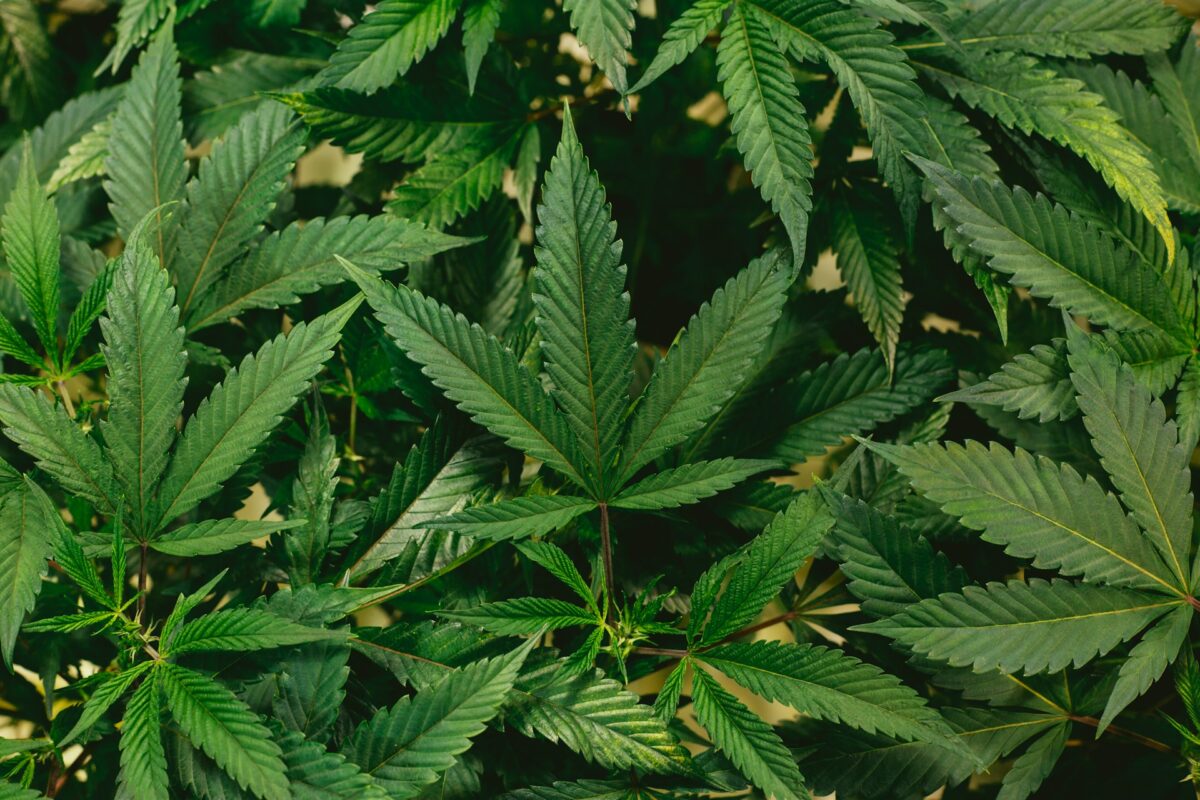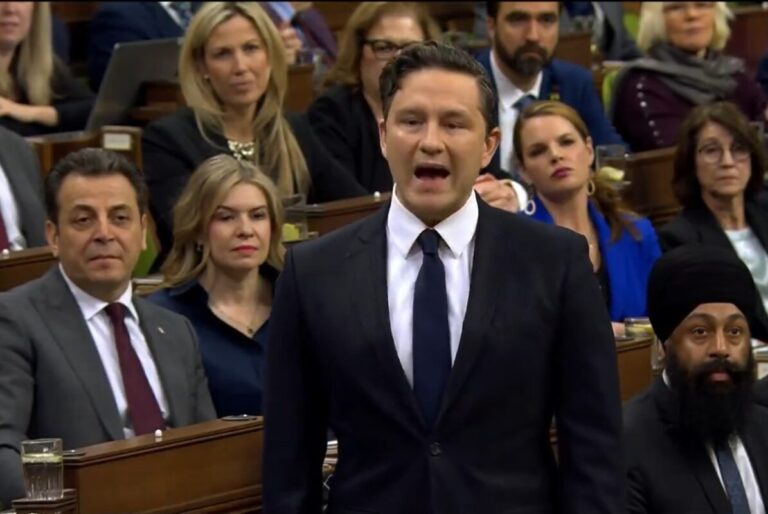The United States Drug Enforcement Administration (DEA) is on the verge of making a groundbreaking decision that could have far-reaching implications for the nation’s drug policy. The proposal, which is currently under review by the White House Office of Management and Budget, seeks to reclassify marijuana as a less dangerous drug, recognizing its medical uses and acknowledging its lower potential for abuse compared to other controlled substances. This move, however, falls short of legalizing marijuana for recreational use.
The DEA’s decision, set to be the most significant policy change in over five decades, is nearing its final stages. Once the Office of Management and Budget approves the proposal, the agency will open it up for public comment. The plan is to move marijuana from its current classification as a Schedule I drug, alongside substances like heroin and LSD, to Schedule III, alongside ketamine and some anabolic steroids. This reclassification aligns with a recommendation made by the federal Health and Human Services Department.
Attorney General Merrick Garland’s support adds weight to the decision, signaling its significance to the Biden administration. Joe Biden himself had called for a review of federal marijuana law in 2022 and has since taken steps to pardon individuals convicted of simple possession of the drug. Moreover, he has urged governors and local leaders to follow suit and expunge marijuana convictions, recognizing the adverse impact they have on employment, housing, and educational opportunities.
Support for marijuana reform has been steadily growing across the United States, particularly among younger generations. A Gallup poll conducted in 2023 revealed that a record-high 70% of adults support the legalization of marijuana, more than double the number from 2000. This changing tide has prompted a growing number of lawmakers, including Senate Majority Leader Sen. Chuck Schumer, to advocate for the DEA’s decision and push for an end to the federal prohibition on cannabis.
However, critics argue against the reclassification, citing concerns about potential side effects and its status as a possible “gateway drug.” Jack Riley, a former deputy administrator of the DEA, expressed reservations about the proposed change, emphasizing the need to allocate resources to combat more dangerous substances like fentanyl. On the other hand, proponents argue that marijuana should be treated similarly to alcohol, calling for further legislative action to federally deschedule cannabis.
While the reclassification of marijuana would mark a significant step forward, it is essential to consider the implications and challenges that may arise. As a Schedule III drug, marijuana would still be regulated by the DEA, requiring cannabis dispensaries to comply with strict reporting requirements and register with the agency, similar to regular pharmacies. This regulatory burden poses challenges for both businesses and the DEA, which may struggle to handle the influx of registrations.
The United States’ international treaty obligations present another hurdle. The 1961 Single Convention on Narcotic Drugs, which requires the criminalization of cannabis, complicates the DEA’s ability to reschedule marijuana. In 2016, the DEA cited these obligations and a federal court’s findings in Washington to deny a previous request to reschedule the drug. Overcoming these international hurdles would require careful navigation and potential renegotiation of treaty obligations.
Despite the challenges, easing federal regulations on marijuana carries numerous potential benefits. The marijuana industry has experienced rapid growth, estimated to be worth nearly $30 billion, with the potential for further expansion if federal regulations are relaxed. This could alleviate the burden of high tax rates imposed on businesses, which can reach 70% or more. Additionally, easing restrictions would facilitate research on marijuana, enabling authorized clinical studies on a substance currently classified as Schedule I.
From a criminal justice perspective, the immediate impact of rescheduling marijuana may be limited, as federal prosecutions for simple possession have been relatively rare in recent years. However, the move could have broader implications in the ongoing war on drugs. Critics argue that rescheduling marijuana may divert resources away from combating other major drugs, while advocates contend that it is a necessary step toward ending the failed approach to marijuana and addressing the harms caused by the War on Drugs.




Leave a Comment